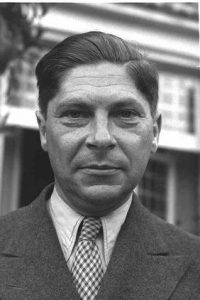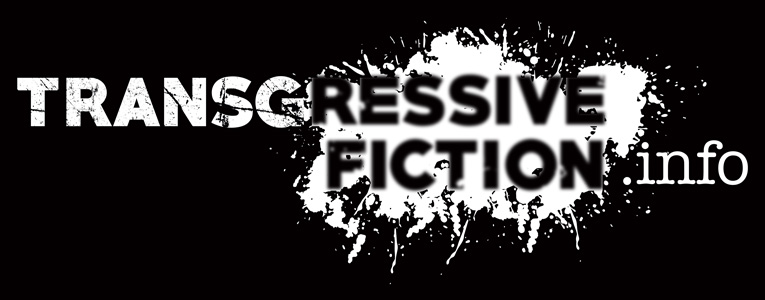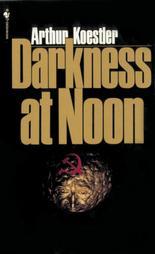 Arthur Koestler CBE [*Kösztler Artúr] was a prolific writer of essays, novels and autobiographies.
Arthur Koestler CBE [*Kösztler Artúr] was a prolific writer of essays, novels and autobiographies.
He was born into a Hungarian Jewish family in Budapest but, apart from his early school years, was educated in Austria. His early career was in journalism. In 1931 he joined the Communist Party of Germany but, disillusioned, he resigned from it in 1938 and in 1940 published a devastating anti-Communist novel, Darkness at Noon, which propelled him to instant international fame.
Over the next forty-three years he espoused many causes, wrote novels and biographies, and numerous essays. In 1968 he was awarded the prestigious and valuable Sonning Prize “For outstanding contribution to European culture”, and in 1972 he was made a “Commander of the British Empire” (CBE).
In 1976 he was diagnosed with Parkinson’s disease and three years later with leukaemia in its terminal stages. He committed suicide in 1983 in London.
The principle that the end justifies the means is and remains the only rule of political ethics; anything else is just a vague chatter and melts away between one’s fingers.
Creative activity is a type of learning process where the teacher and pupil are located in the same individual.
The principal mark of genius is not perfection but originality, the opening of new frontiers.
I went to Communism as one goes to a spring of fresh water, and I left Communism as one clambers out of a poisoned river strewn with the wreckage of flooded cities and the corpses of the drowned.
Nothing is more sad than the death of an illusion.
History had a slow pulse; man counted in years, history in generations


